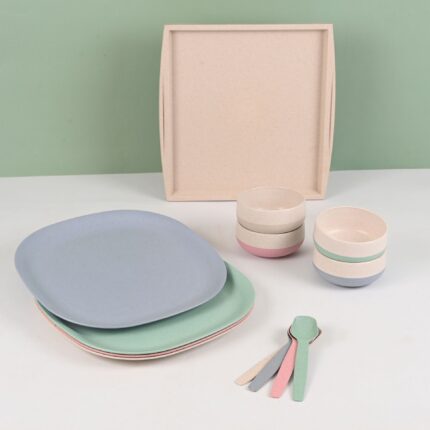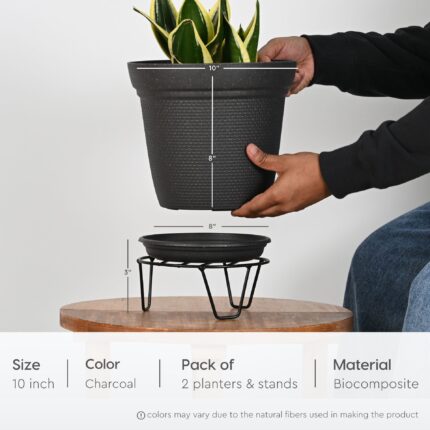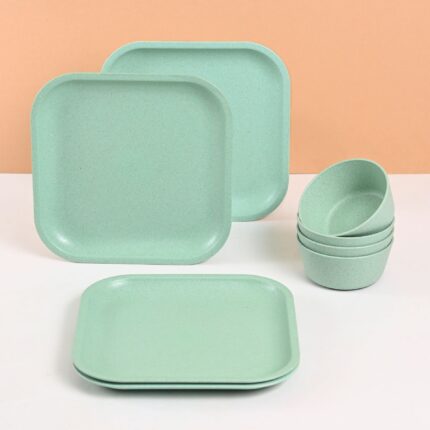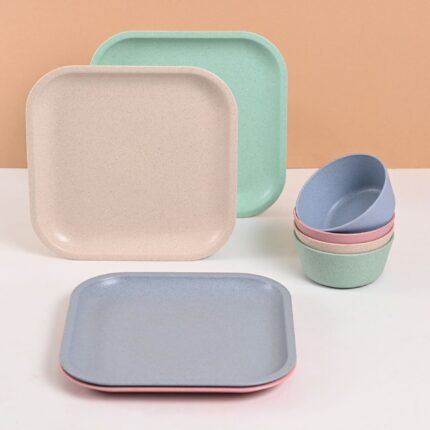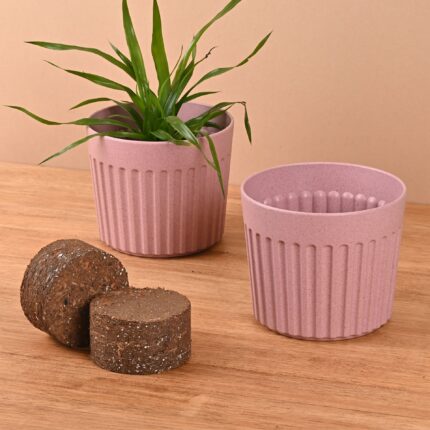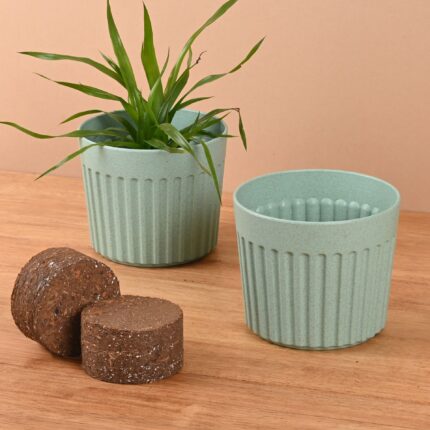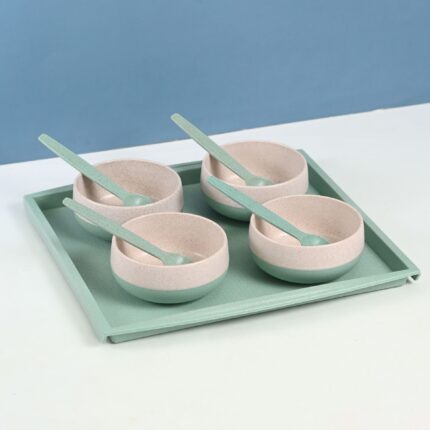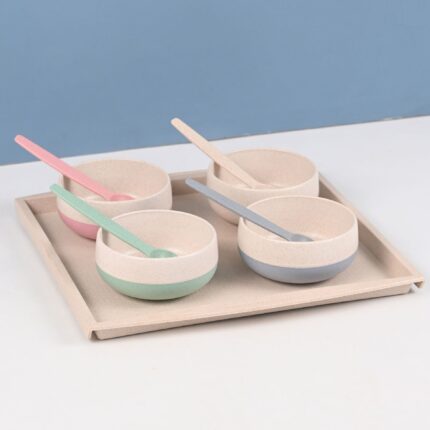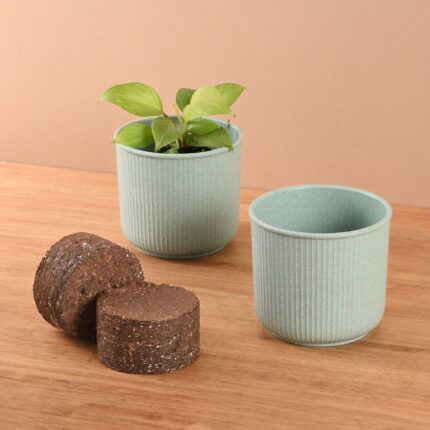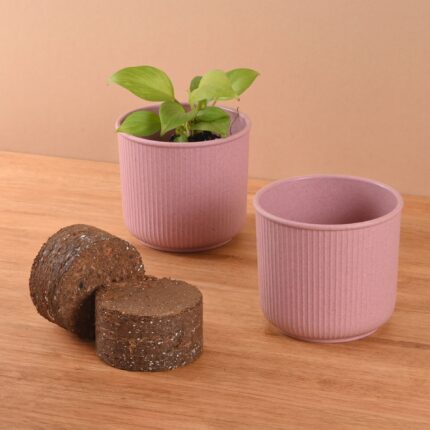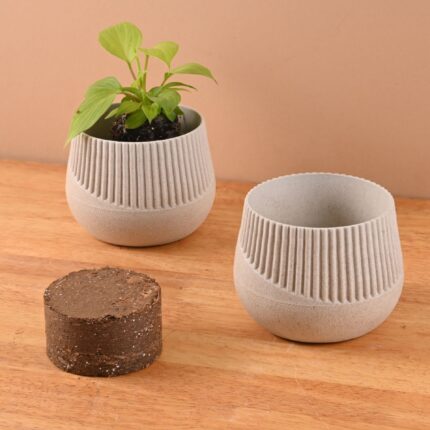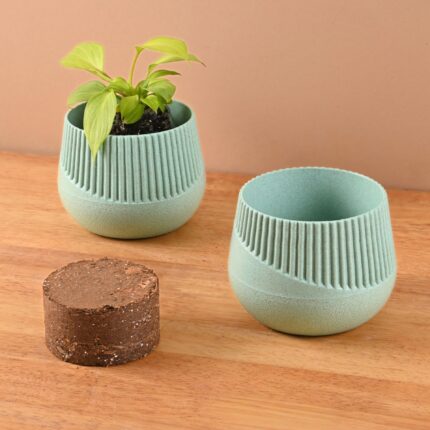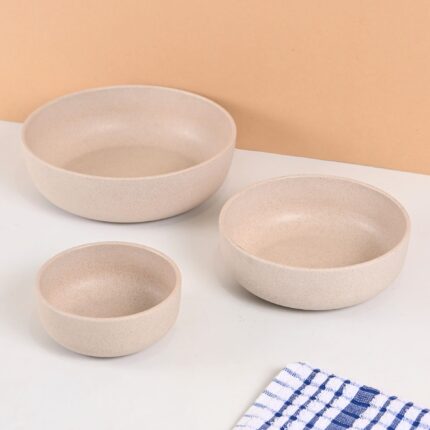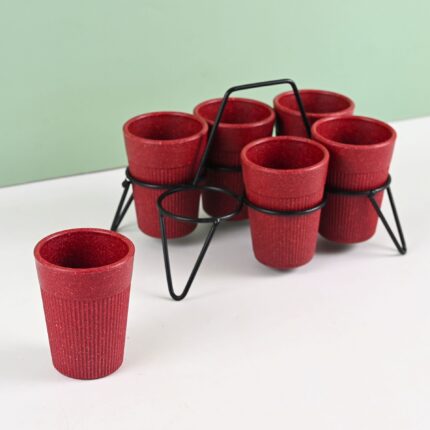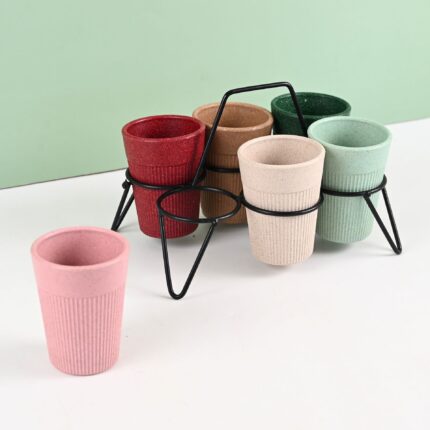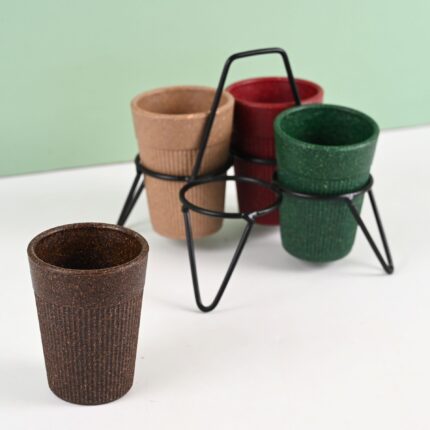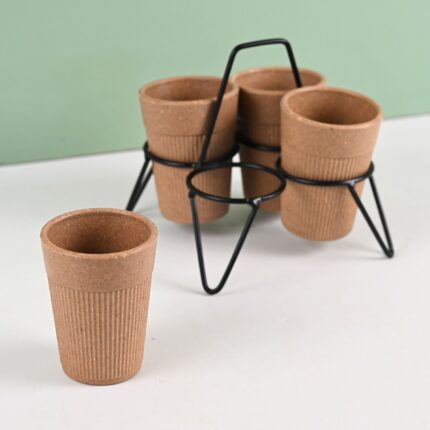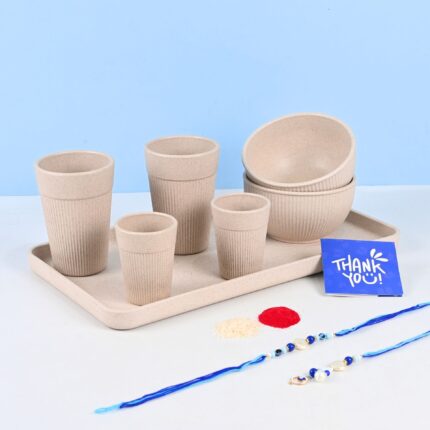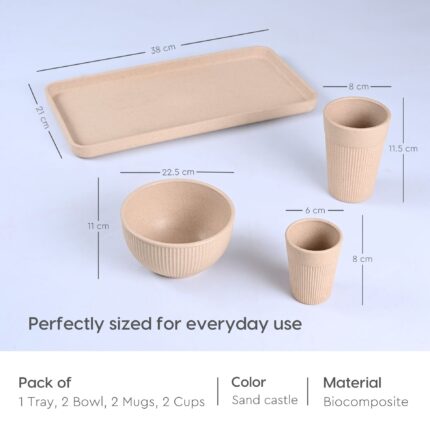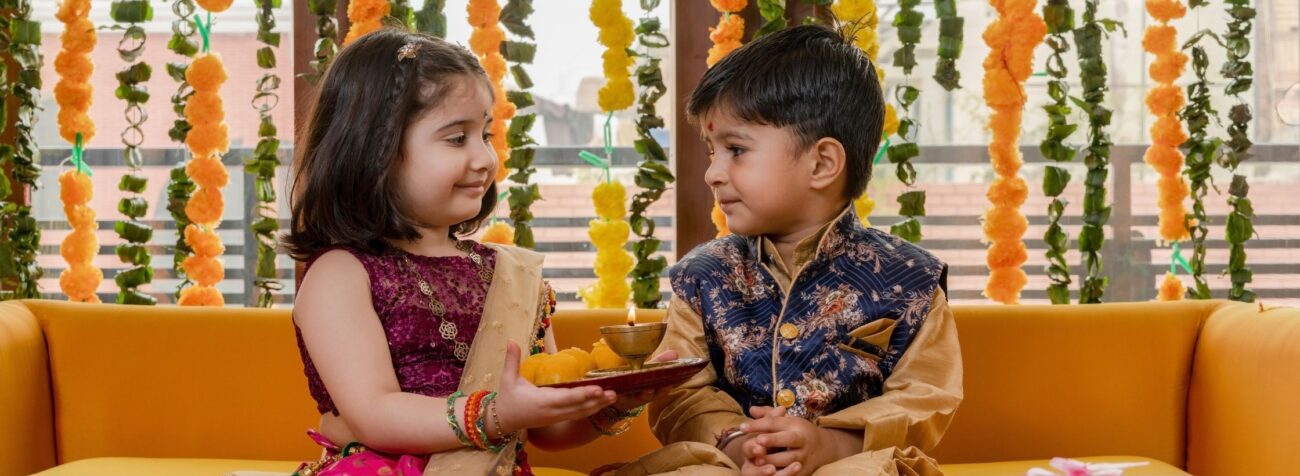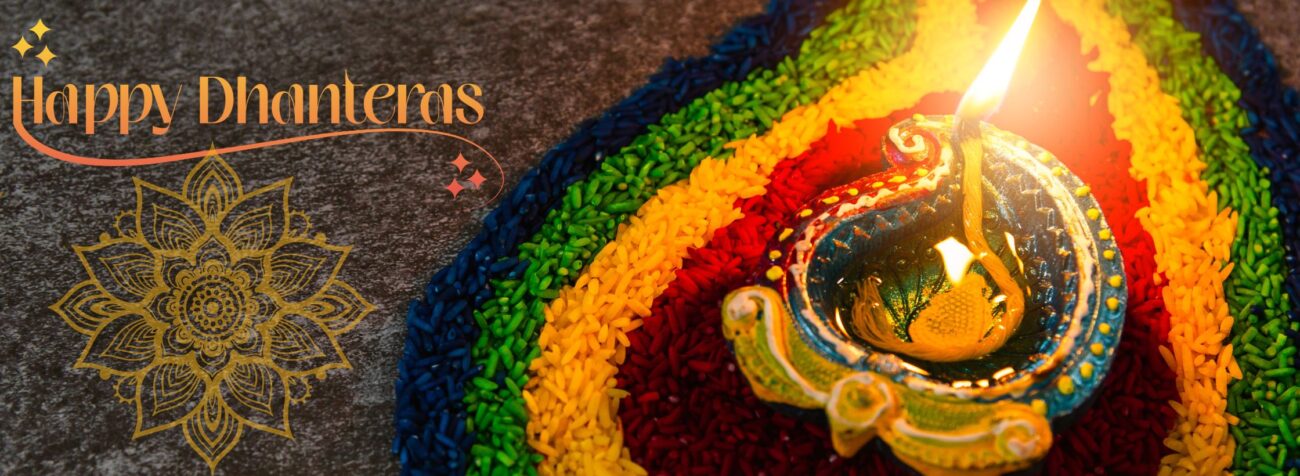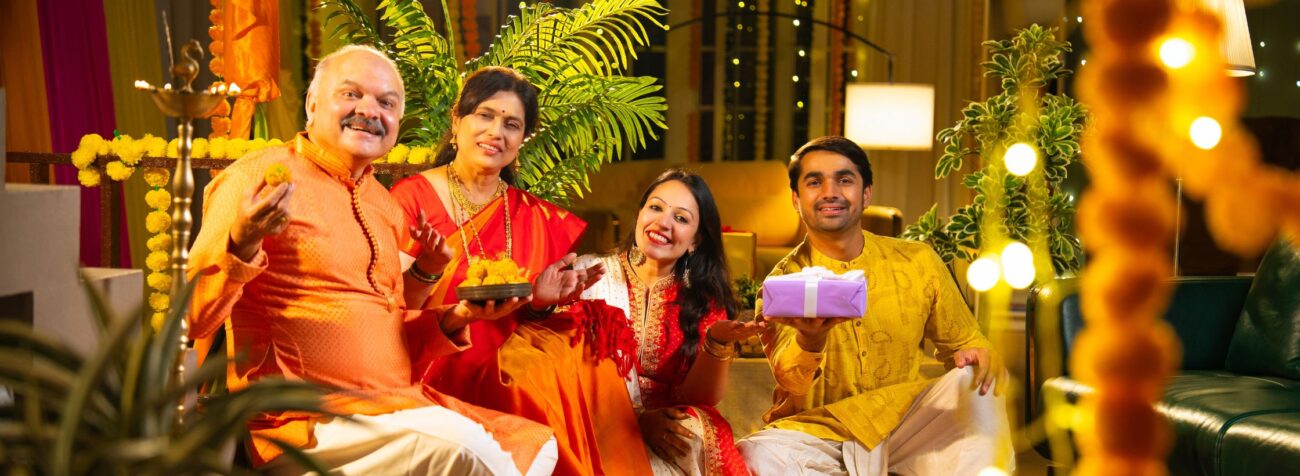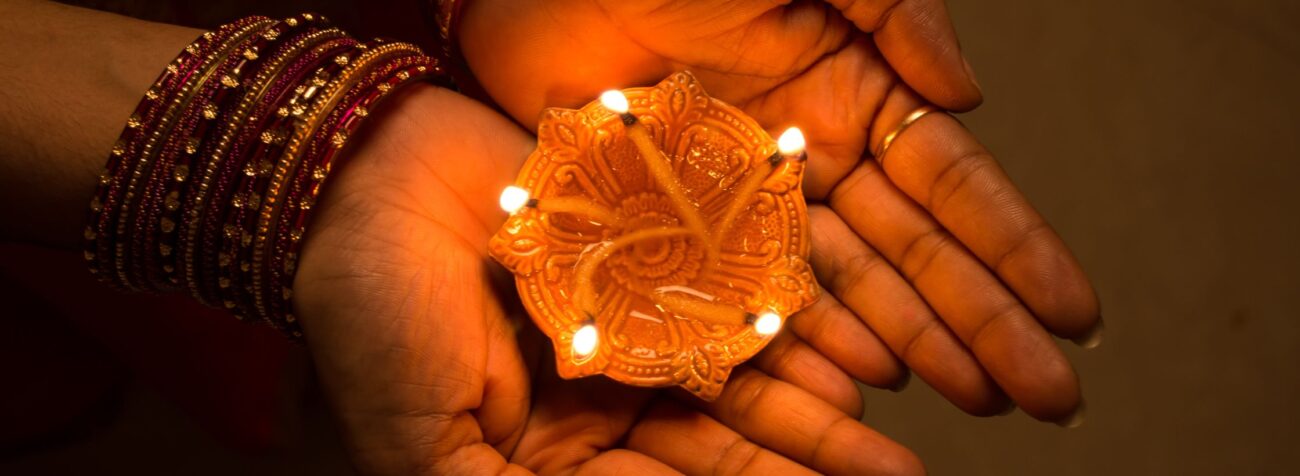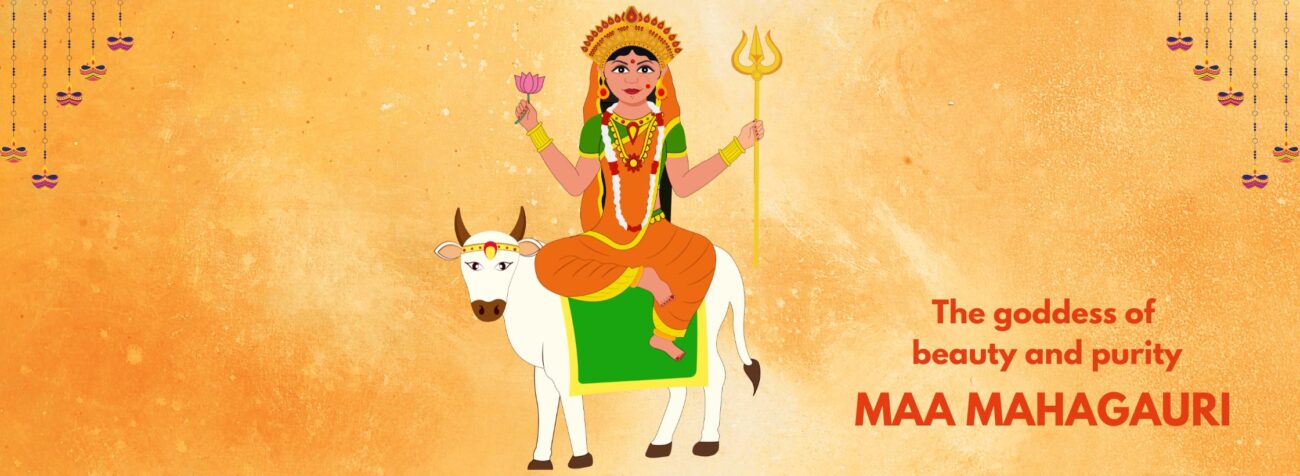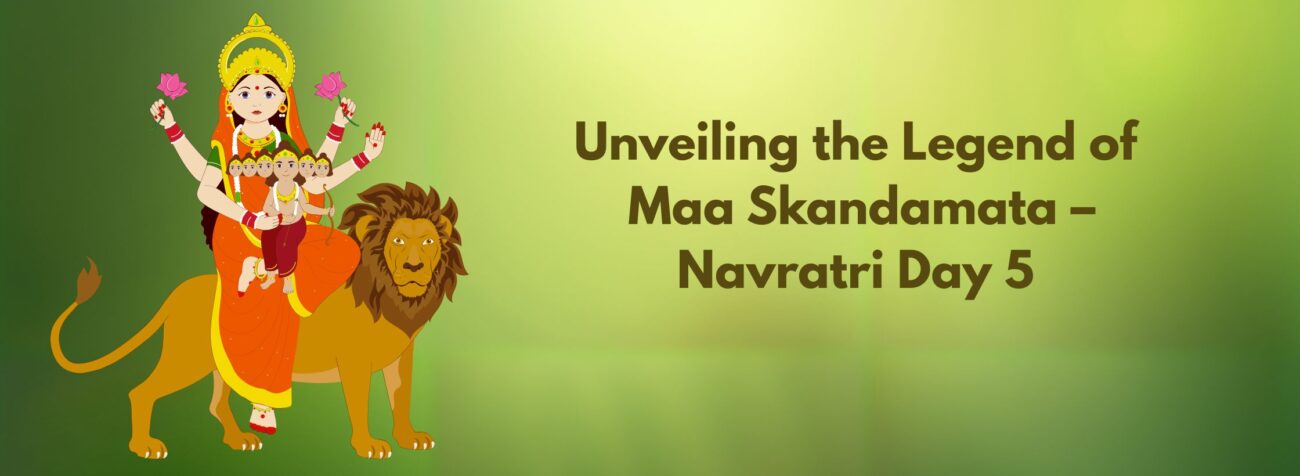Clay Pots and Divine Flavors: The Earthenware of Indian Ritual Cooking
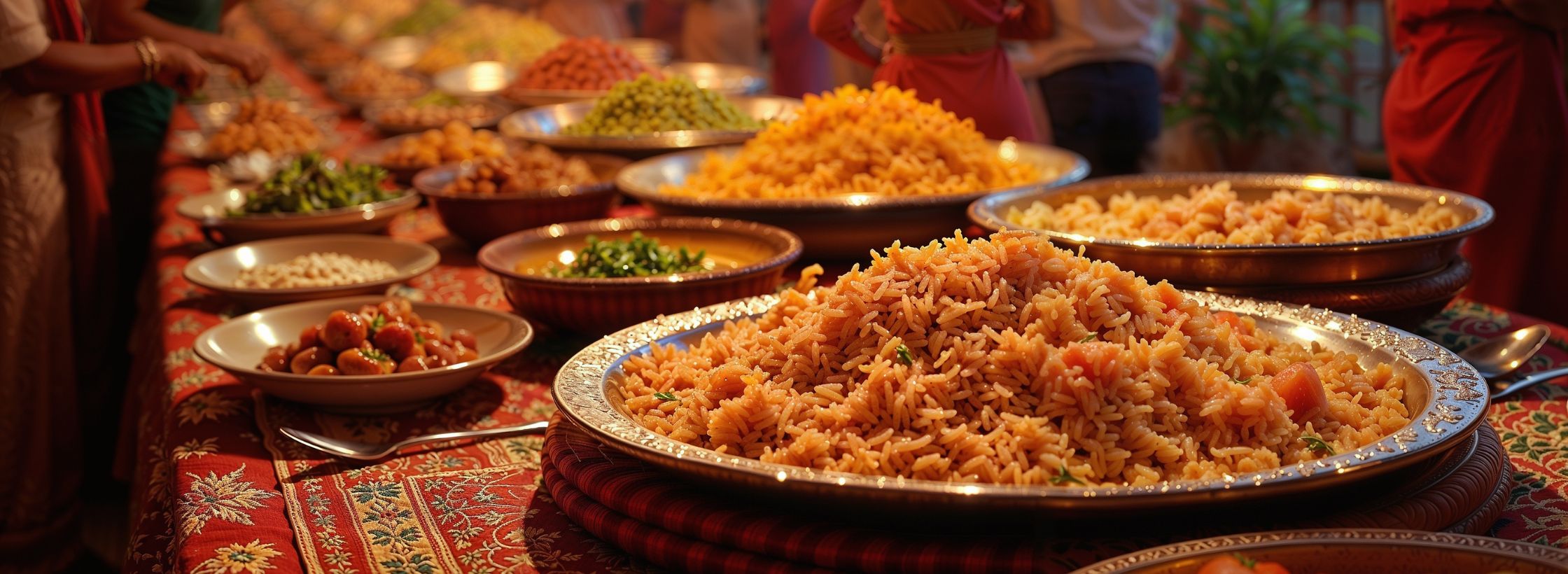
Clay Pots and Divine Flavors: The Earthenware of Indian Ritual Cooking
Clay pots are naturally alkaline and porous, allowing food to cook slowly and evenly while neutralizing acidity, which makes them ideal for preparing ritualistic and festive Indian dishes.
Have you ever wondered why that kheer (rice pudding) cooked at a temple or a special festival tastes so incredibly earthy and divine, even when you use the exact same recipe at home? It’s baffling, right? You use all the right ingredients—the freshest milk, the most fragrant cardamom—but that elusive, deep flavor is missing.
And what about that nagging worry over switching to something “old-school”? We hear the questions all the time: “Are clay pots actually safe to use?” “Aren’t they too fragile for my modern kitchen?” “How do I even clean them without soap?”
We’ve spent years working with artisans and studying the deep traditions behind Indian cooking. We want to clear the air and share why the shift back to earthenware cooking India is less of a trend and more of a homecoming—especially when it comes to preparing food for festivals and rituals.
Why Your Kitchen Needs Traditional Indian Cookware
The connection between food and faith in India is undeniable. The cookware used in rituals (puja) and festivals is chosen not just for its utility, but for its spiritual purity and health benefits. This is where the simple clay pot, or mitti ka bartan, shines.
Think of your grandmother’s kitchen. She likely had dedicated vessels for everything, and many of them were earthenware. This wasn’t just aesthetics; it was a deeply practical and sustainable choice.
The Earthenware Difference (It’s Not Just About Flavor):
Natural Alkalinity: Clay is naturally alkaline. When you cook acidic foods (like lentil dal or yogurt-based curries) in it, the alkalinity neutralizes the acidity, making the food easier on your stomach and significantly enhancing its flavor profile.
Even, Slow Heat: Clay heats slowly and retains that heat for a long time, allowing food to simmer gently. This slow process—similar to a natural steam bath—preserves up to 90% of the food’s nutrients, which are often lost in fast-heating metal pots.
Sustainability Superstar: This is the best part. Clay is a biomaterial taken directly from the earth. When you eventually discard it, it goes right back to the earth, fully compostable. Choosing a clay pot is a simple, effective step toward reducing carbon footprint and supporting a circular economy.
The food prepared in this way is considered sattvik—pure, clean, and conducive to spiritual health—perfect for prasad (blessed food offerings). This ancient technique is truly one of the most powerful Ancient Indian Cooking Techniques we can revive today.
The Ritual Connection: More Than Just a Pot
Every Indian festival has a specific set of dishes, and often, a specific vessel.
The Pongal Example: In South India, during the harvest festival of Pongal, the sweet rice dish is cooked in a brand-new clay pot, often decorated with turmeric. The moment the rice boils over the top is a symbol of overflowing prosperity. That particular ritual demands earthenware, reinforcing the connection between nature, the harvest, and the home.
The Storage Story: The earthenware vessels also extend to lifestyle durability products beyond the stove.
Water Storage (Matka): Clay water pots naturally cool the water without using electricity and infuse it with earthy trace minerals.
Tableware and Mugs: Serving a beverage in a terracotta cup or kullhad provides a subtle, grounding taste—far better than plastic or even glass.
Planters and Pots: Earthenware pots and planters are the most breathable, allowing roots to ‘breathe’ and preventing waterlogging, making them a durable, fair trade product for your home garden or office space.
We are committed to sourcing our traditional Indian cookware directly from artisan communities, ensuring the craft is kept alive and that they receive ethical compensation.
From Anxiety to Anchor: Mastering Ancient Indian Cooking Techniques
Moving from a steel pressure cooker to clay can feel like a big leap. Let’s tackle the top concerns with some straightforward tips:
Tip 1: Seasoning – The Clay Cure
Just like a cast-iron skillet, a new clay pots need to be seasoned. This is crucial for its longevity and non-stick properties.
- Soak the pot completely in water for 12-24 hours.
- Let it dry naturally for a few hours.
- Rub the inside with oil (like sesame or mustard).
- Bake it in an oven or place it on a very low flame for an hour. This process seals the pores and makes it ready for divine cooking!
Pro Tip: This natural seasoning removes the need for chemically-coated non-stick cookware, another win for health and the planet.
Tip 2: Heat Management – Low and Slow
Clay pots hate sudden temperature changes. To avoid cracking:
Always start low: Place the clay pot on a wire mesh or ring over a gas burner. Gradually increase the heat.
No Sudden Shock: Never put a hot clay pot under cold water, and never place a cold pot on a high flame.
Reusing and Upcycle: A cracked pot can be broken up and used as natural drainage material in the base of your earthenware pots and planters—a perfect example of upcycle and conserving resources!
Tip 3: Cleaning Without Compromise
This is where the purity comes in. Because earthenware is porous, it can absorb detergent, contaminating the next meal.
Best Practice: Scrub gently with a natural scrubber and plain warm water.
Deep Clean: For stubborn residue, use baking soda, rock salt, or a paste of lemon and ash (rakh). These natural cleaners sanitize without leaving chemical traces, honouring the ritualistic purity of the vessel.
Our Call to Action: Why You Should Buy Earthenware Online Today
The modern lifestyle demands simplicity, but it doesn’t have to mean sacrificing tradition or flavor. By choosing to buy earthenware online from a sustainable and fair-trade source, you are making a powerful choice. You are endorsing climate action by choosing a natural, biodegradable material over highly processed metals and plastics.
We understand that you want a durable, beautiful product for your home—something that feels good to use and lasts. Our terracotta cookware, storage jars, cups, and planters are not just products; they are lifestyle elements that bring the honesty of the earth into your daily routine.
There’s a whole world of traditional Indian cookware waiting to enrich your life—from the thick-based handi perfect for slow-cooking a biryani to the beautiful, unglazed tawa for rustic flatbreads. Don’t wait for a festival to reconnect with this simple, profound way of cooking. Try one of our clay handis this week. You’ll not only taste the difference, but you’ll feel better knowing you’ve made a responsible, health-conscious choice.
Visit eha’s range of sustainable Gifting products to choose, made with biocomposite materials using crop-waste such as rice husk, bamboo fibers and coffee husk.
If you are looking at developing new range of earth friendly product speak to experts at Mynusco.







